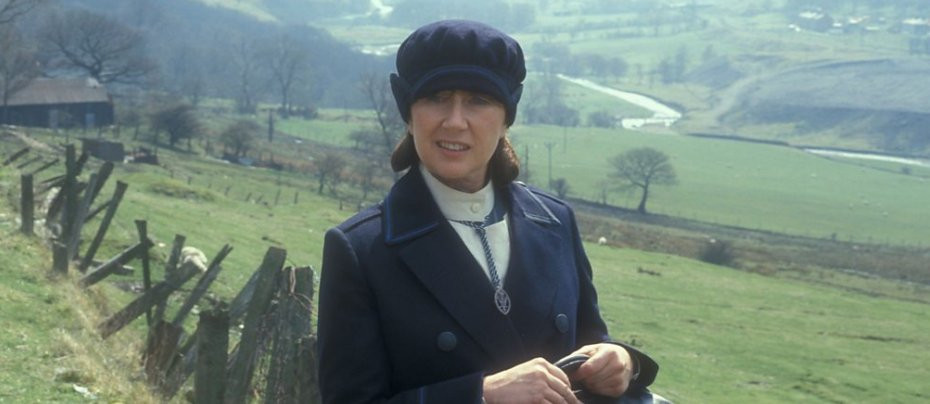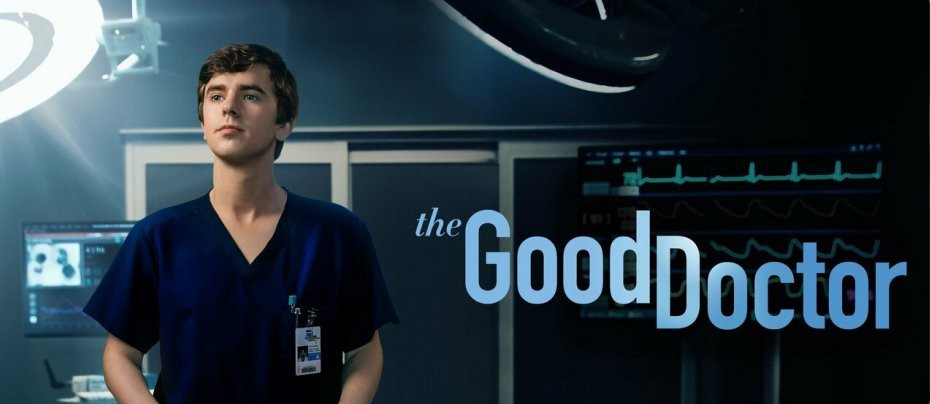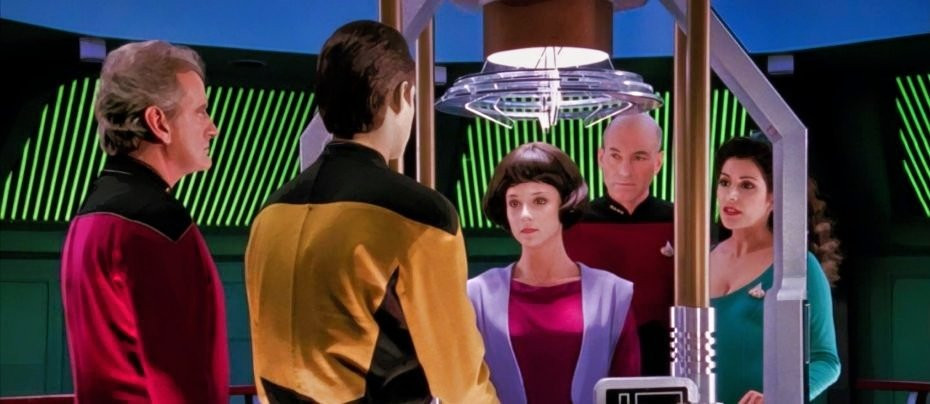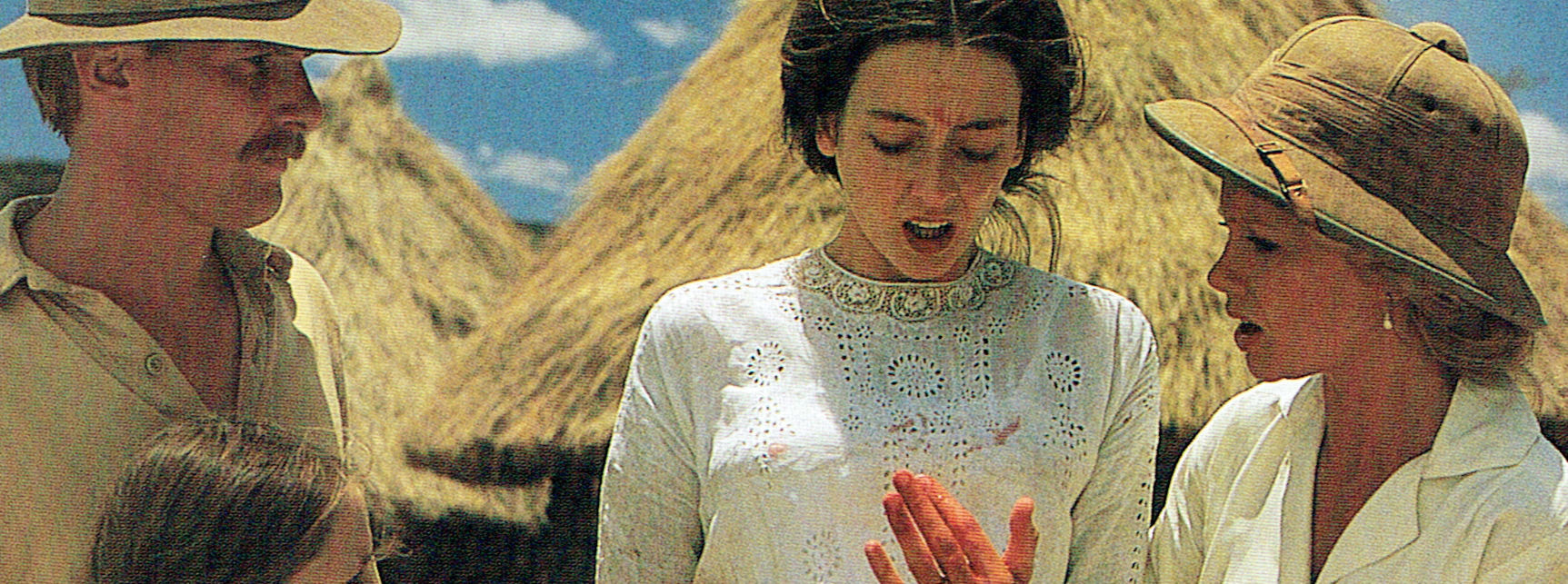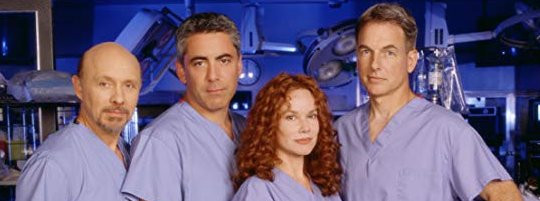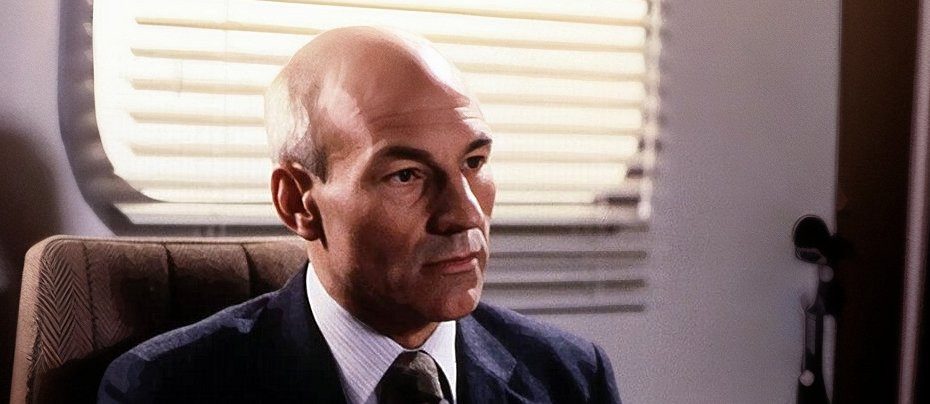
Maybury
1981 - United KingdomWhen Maybury first aired on BBC1 in the early 1980s, it did something virtually no other British television drama had dared attempt—it opened the doors to a psychiatric unit and invited the nation inside. Devised by Jim Hawkins and Anthony Minghella, and produced by Ruth Boswell, Maybury was the first UK series to be set within the psychiatric ward of a general hospital. More than just a setting, it was a bold narrative choice that sought to destigmatise mental illness and humanise those affected by it at a time when the topic was still cloaked in discomfort and silence.
At the heart of the series was Dr. Edward Roebuck, played with quiet strength and layered compassion by Patrick Stewart. Long before he became globally known as Captain Picard or Professor X, Stewart brought a deeply human presence to Roebuck—a doctor navigating the institutional pressures of a healthcare system wary of empathy and reform. His “open ward” policy, often criticised by his colleagues, symbolised the very ethos of the show: openness, transparency, and belief in the dignity of those suffering from mental illness.
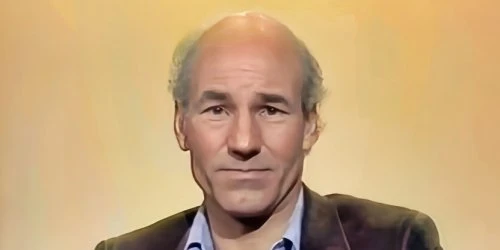
Each episode of Maybury introduced a new case, threading them loosely together through Roebuck’s ongoing efforts to treat his patients with respect and realism. The series began with a powerful story: Joanna, a high-achieving student spiralling into mental breakdown, portrayed with great sensitivity by Juliet Stevenson. Her resistance to diagnosis, reliance on tranquillizers, and eventual suicide attempt highlighted a crucial tension—the struggle between societal expectations and the quiet unravelling of mental stability.

Other stories followed suit, portraying schizophrenia, psychosis, and trauma without sensationalism. Standout performances came from Kenneth Haigh, Dominic Guard, Kenneth Branagh, and Cyril Cusack—whose haunting portrayal of a mute vagrant barking like a dog still lingers in the memory. The writing refused neat resolutions, emphasising that recovery, if it came at all, was complex, personal, and rarely complete.
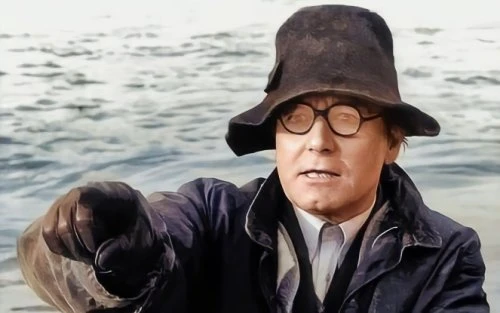
What made Maybury exceptional wasn’t just its choice of subject, but how it chose to portray it: with nuance, patience, and a refusal to reduce mental illness to melodrama. In doing so, it broke a long-standing television taboo. Just as AIDS was becoming visible (and feared) in public discourse, Maybury placed mental health alongside it as an issue too long buried in shame and ignorance. That the BBC aired it on BBC2 rather than BBC1 may suggest a hedged bet, but it also reflects how far ahead of its time the show truly was.
In today’s landscape, mental health is far more openly discussed in media. Shows like BoJack Horseman, Euphoria, and Normal People deal head-on with depression, addiction, and trauma—often framed within stylised narratives or genre-blending formats. Yet these modern depictions, while powerful, frequently lean into aesthetic or narrative flourish. Maybury, by contrast, operated with a kind of procedural sincerity, resisting over-dramatisation in favour of authentic patient journeys. Its realism made it harder to watch—but arguably, all the more important.
Later attempts to revisit the psychiatric sphere, such as ITV’s Shrinks and Channel 4’s Psychos, lacked Maybury’s quiet integrity. While Psychos garnered attention for its boldness, its soapier structure often undermined the seriousness of its content. Maybury’s legacy lies in its unwillingness to compromise, a choice that perhaps limited its mainstream success but secured its place as a groundbreaking work in British television history.
Tragically, Maybury has never been commercially released, despite international broadcasts and enduring relevance. That absence feels symbolic—much like the lives it portrayed, it remains somewhat invisible in public memory. But for those who saw it, Maybury was a revelation: a series that proved that mental illness could be treated on screen with intelligence, compassion, and the radical notion that these stories matter.
Verdict (2025 perspective):
★★★★☆ - In an age of growing mental health awareness, Maybury deserves not just to be remembered—but to be seen again.
Seen this show? How do you rate it?
Seen this show? How do you rate it?
Published on April 15th, 2025. Written by Laurence Marcus for Television Heaven.


